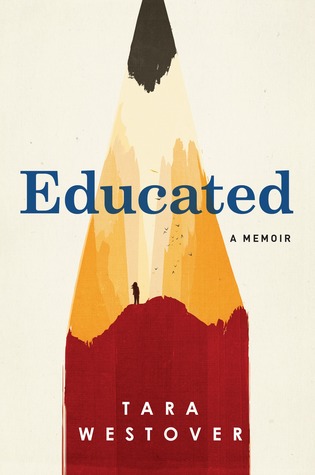Thursday, April 12, 2018
Suicide Club
I can't recall exactly where I heard about Suicide Club first, but I was drawn to the gorgeous cover and the premise of taking control of one's own death in a world where the prize of immortality is within reach. Thanks to Henry Holt Publishing and NetGalley, I was able to access an ARC in exchange for my honest review!
Suicide Club is a dystopian/scifi novel where immortality is almost within reach, lifespans are in the hundreds, and death is a crime. Our main character Lea is a lifer, with both excellent genes and privileged access to the most cutting edge medical treatments. The near future world she lives in is calm, serene, and optimized to keep stress and cortisol levels to a minimum. Nutripaks provide sustenance, green juice cocktails are served at celebrations (alongside faux styrofoam cakes), and only the most soothing muzak is acceptable.
Basically, it's boring as hell.
I was excited to jump into this world - the idea of immortal life is so compelling, and yet as anyone who's ever read a vampire novel knows, it's also exhausting and soul killing. And so, when immortality becomes the default, taking control of one's own death becomes the subversive radical act of empowerment... not the living of forever. Great premise, for sure. However - and I'm still trying to put my finger on it, but - I couldn't really get invested in the characters. Perhaps the author was trying to model the sterile and disconnected world through her language and pacing, but what happened what that I didn't feel connected to the characters. There was a fair amount that went unexplained, and there were so many other directions I could have seen the story going. If I am imagining so many alternate events and outcomes in a storyline, then I think it's evidence that the author hasn't fully convinced me of the story they intended to tell.
An okay read, but I wouldn't highly recommend it. I also fully expect this review to be in the minority, so bring all your challenges and comments :)
2/5 stars.
Tuesday, April 10, 2018
Educated
“You can love someone and still choose to say goodbye to them,” she says now. “You can miss a person every day, and still be glad that they are no longer in your life.”
No matter how hard I try, I seem to find myself picking up books about trauma over and over and over again... often without even realizing what I am getting myself into. I picked up the highly-anticipated memoir Educated by Tara Westover without knowing much about it, except that it was getting a lot of press. Reading the blurb, I was intrigued, especially given the micro-review from JD Vance, author of Hillbilly Elegy, which stated that Educated was about a forgotten corner of America, or something like that (I can't find the exact quote.) I enjoyed Hillbilly Elegy (not without criticism, of course) so I was excited to dive in and listen to Educated, and expected something along those lines - personal memoir intertwined with sociological/psychological analysis.
Well. Vance could not be more wrong. Let's start with what Educated ISN'T - it's not about forgotten communities, left behind in economic advancement. It's not about conservative religious communities with strong boundaries so as to keep their values and way of life intact. It's not about a girl learning how to learn, overcoming the "odds" or pulling herself by her bootstraps (instead of odds and bootstraps, let's call it what it is - systems of privilege) or even really a "coming of age" saga.
Educated is the story of how a young woman painfully escapes the abusive and controlling environment of her family home, and grows into a strong, resilient, wise woman. Yes - what Westover describes is nothing less than abuse. Isolation, neglect of many kinds, intentional and active exposure to risk and harm, failure to protect, emotional and physical abuse. The list of what she has experienced is truly astounding - and like in many abusive relationships, the more freedom and distance she gained, the more the dangerous her time at home. Educated is also about the danger of isolation and religious extremism, and unchecked mental illness. This is not a family who has fallen off the beaten path - this is a family literally lost in the woods. And this is about how Westover fought to find her way back, and not just to mainstream society, but the upper echelons of the white towers her parents railed against, while coming to terms with how to be in relationship to a family so very opposed to who she becomes.
I highly recommend this memoir - Westover is an excellent writer, and portrays her family with love and respect, even as she details the horrors they visited upon her. She's also clearly an extraordinary human, with resilience and grit and grace worth admiring.
5/5 Stars.
PS... a plug for the audiobook, read by Julia Whelan, who is truly talented at bringing distinct life to different character's voices without making them caricatures.
Subscribe to:
Comments (Atom)

